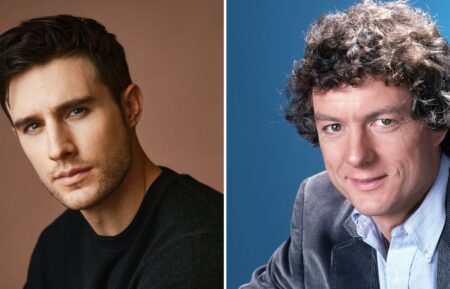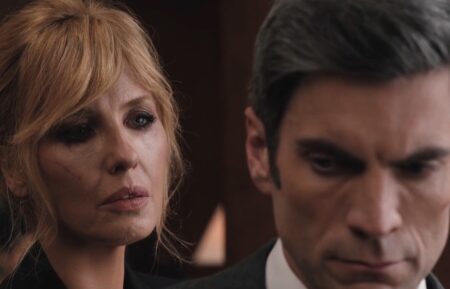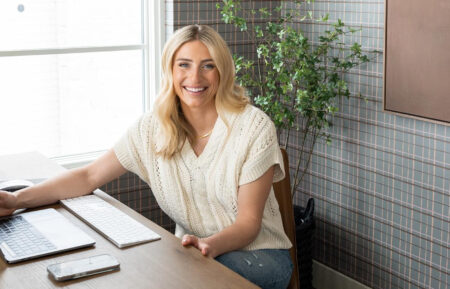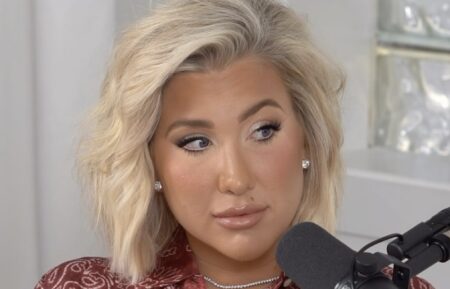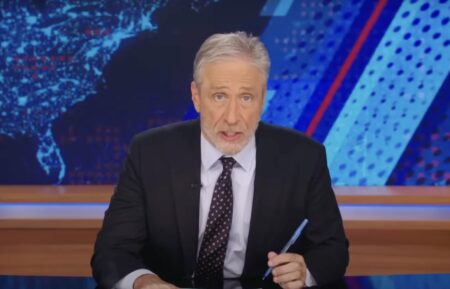‘Court Cam Presents Under Oath’ Focuses on ‘the Ultimate Moment’ of a Trial
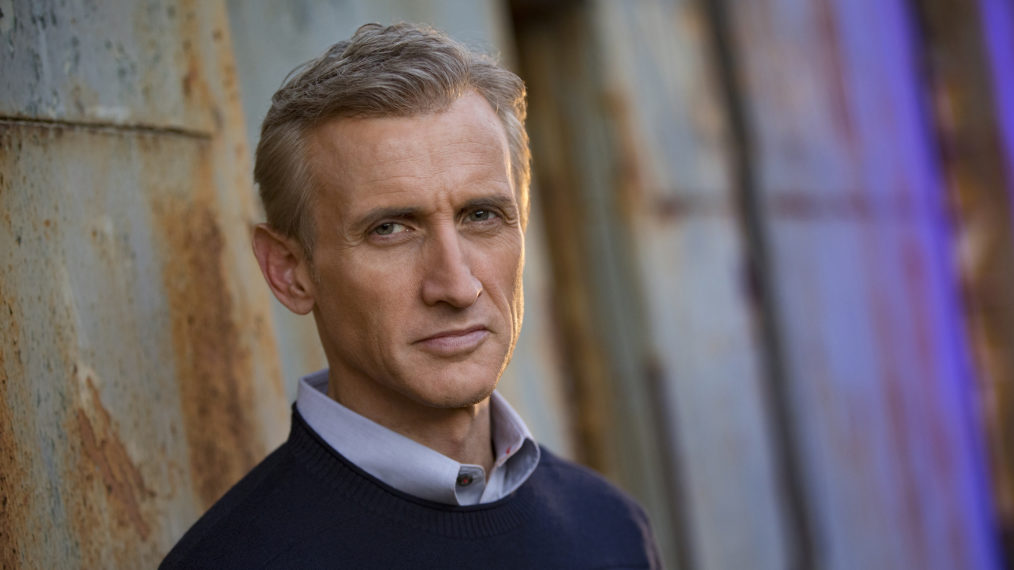
Q&A
Dan Abrams’ new show for A&E, Court Cam Presents Under Oath, allows him to do something he’s wanted to for quite some time by showing something that brings a trial to a halt: the defendant taking the stand.
Abrams, the chief legal analyst for ABC News, hosts and executive produces the new series (premiering June 2) that shows the defendant’s first-hand testimony and the cross-examination that follows, as well as the final verdict. Each episode includes interviews with key members of the investigation, original video from law enforcement, surveillance camera footage, 911 audio recordings, digital forensic evidence, and more.
Abrams takes us inside Court Cam Presents Under Oath, including what changed during production.
Talk about how this show came about. How long had you wanted to do something like it?
Dan Abrams: Ever since Law & Crime started its production arm, I’ve always said the one show based on my background that I’ve always wanted to do was one focusing on defendants on the witness stand. I’ve always found defendants on the witness stand to be the most interesting part of a trial. I can tell you just from being at Law & Crime, where we cover trials, when the defendant takes the witness stand, business stops. People pause and they say, “Oh, wow, what’s this person going to say? Oh, we’ve heard so much about this case. Now we get to hear from the person themselves.” If you are someone who follows trials and is interested in true crime, the defendant taking the witness stand is the ultimate moment.
When a defendant takes the witness stand, to some degree, everything else in the case goes out the window and the case comes down to the credibility of the defendant. That’s kind of why it’s such a high stakes decision is jurors will cite other kinds of evidence, they’ll cite other moments in a case, but a defendant’s testimony really does become that make or break moment.
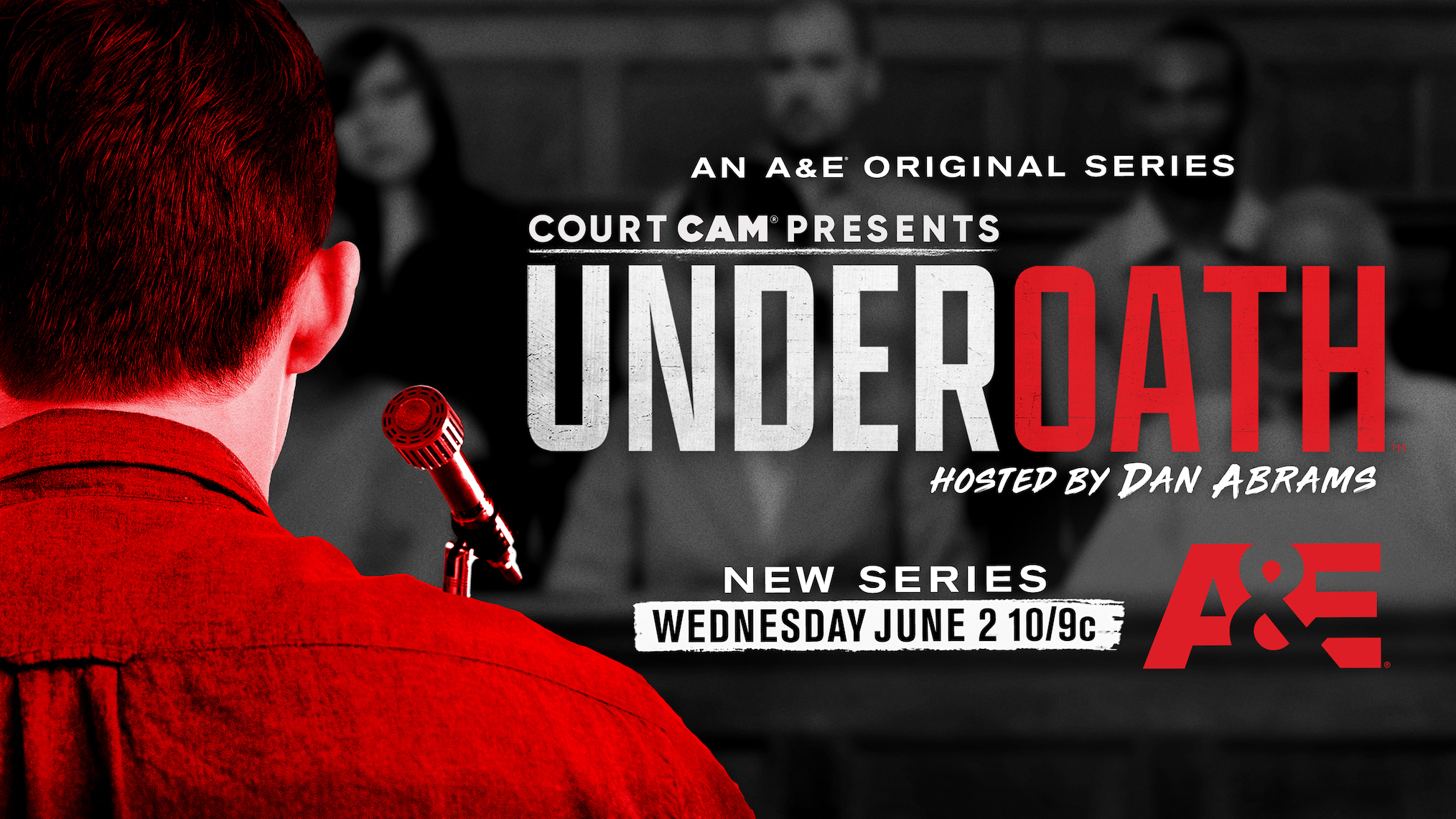
A&E
Preview what viewers will see in this series. What went into picking which cases to highlight?
We looked for recent cases where many of them were covered on a Law & Crime network. Some of them weren’t. We wanted to find cases where there was uncertainty going into the defendant’s testimony or a case where the defendant’s testimony was all that could save them. We wanted to pick cases where when that moment happened, for this trial, it was a monumental moment. Obviously, we wanted interesting cases as well.
It’s funny because as we produced this series, it was supposed to be almost all half-hour episodes. We now have six hour-long episodes and 14 half-hour episodes out of the 20 episode order, because we and A&E all got so excited about some of these cases and the mystery and the details and the facts that we decided a half hour doesn’t do this justice.
Did the verdicts play a role at all in any of the decisions about which cases?
No, the verdict was immaterial to which cases to pick. One of the things that’s kind of interesting about this is that the producers on the show were debating guilt or innocence based on the defendant’s testimony as we’re producing these episodes. In a number of these cases, there were a good number of producers that didn’t agree with the verdict, so whether the verdict is guilty or not guilty or on some lesser charge was not a factor.
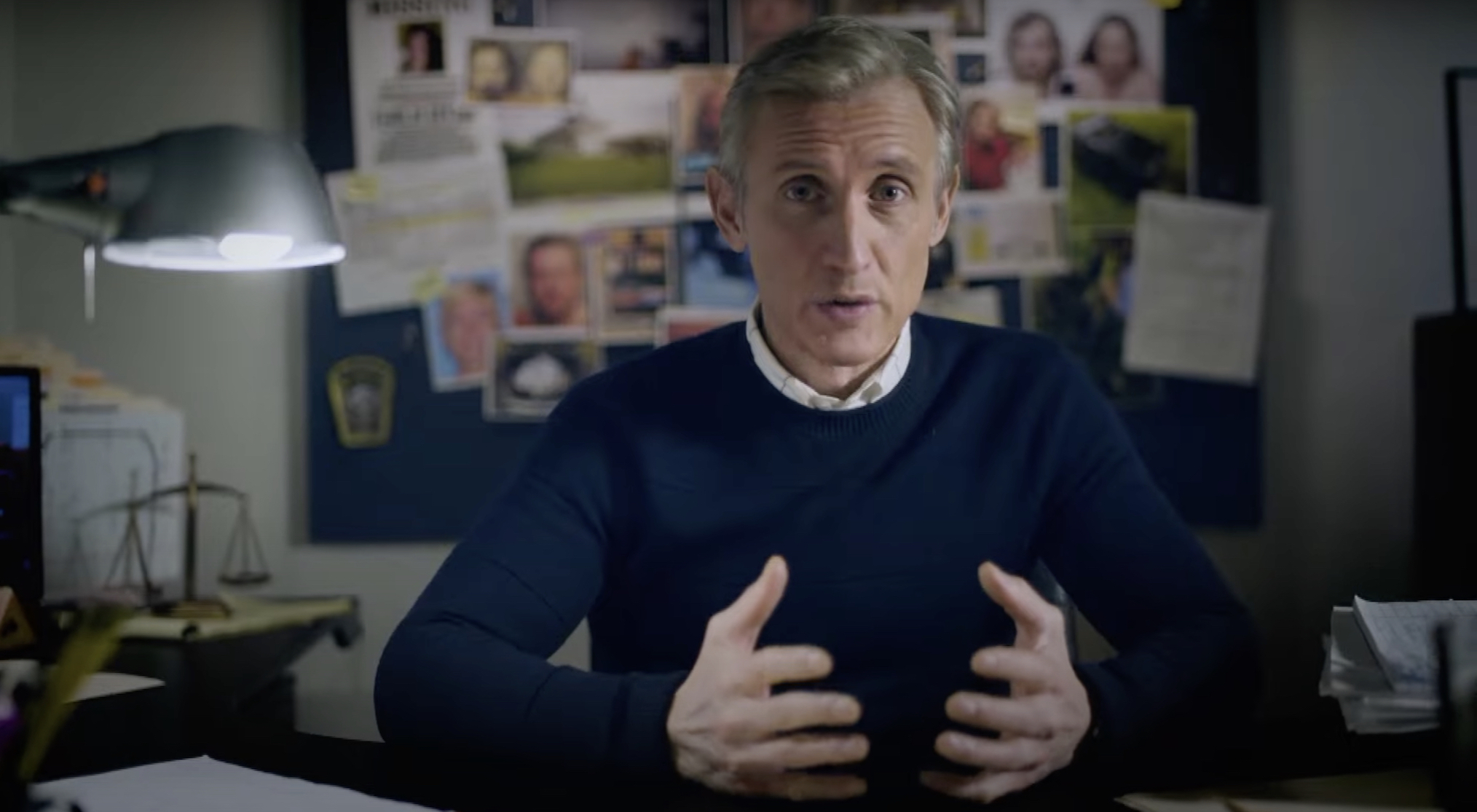
A&E
We were sort of only half-joking that there could be an after-episode talk show about these cases because there was so much discussion and debate about guilt or innocence in a good number of these cases.
During the episodes, we hear from those involved in the legal side but we also hear from friends and family members. What did you want to make sure you showed there?
With a lot of crimes, I think sometimes people focus — particularly in the legal world — on the defendant and the arguments, and they lose sight of the person in a murder case who’s no longer there. We really wanted to make sure that as we were telling the story through the defendant’s eyes that we didn’t lose sight of the victim. If you think that the person didn’t do it, that’s fine, but there was still a victim. If the person says it was self-defense, that may be true, but someone still died. It was very important to us to be mindful of that.
With all kinds of crime shows on TV now — scripted and unscripted — what do you think will draw people into this one?
I think part of it is just how innately compelling it is to watch a defendant explain in his or her own words why they did not do the crime that they’re accused of, why they are innocent, to undergo cross-examination by the prosecutor. It’s just fascinating to watch. It’s also a very important part of our criminal justice system: to remember that people are innocent until proven guilty. These are people who are getting on the witness stand and saying, “I’m not guilty.”
Are you hoping that’s what people take away from the series, to remember that part of it?
There are a number of potential takeaways. I think that this is a series that is going to cover true crime in a different way. I do think that, unlike your typical murder mystery story, you walk away, I think, having a better appreciation for the legal system as a result of this series. You see the opportunity that the defendant had to take the stand, the defendant taking that opportunity, and the cross-examination that that person has to undergo. I think that people very often mistakenly say, “Well, if someone’s innocent, they’ll take the stand and defend themselves,” and that may be true in a lot of cases, but it’s not always true. I think that you walk away from this series realizing the risks that any defendant takes in taking the witness stand, guilty or innocent.
Court Cam Presents Under Oath, Series Premiere, Wednesday, June 2, 10/9c, A&E



